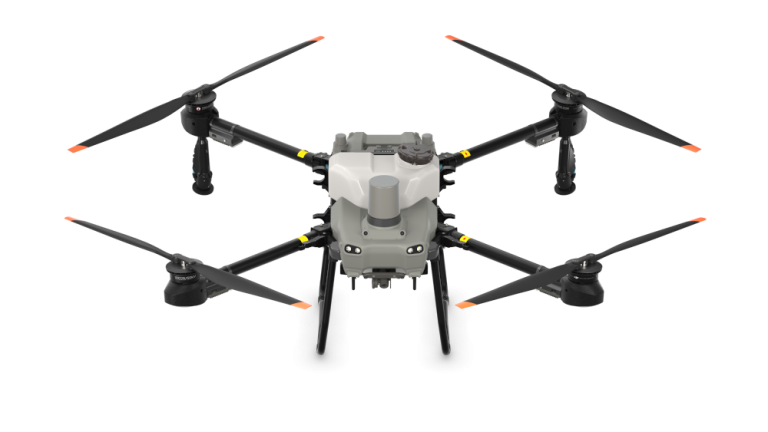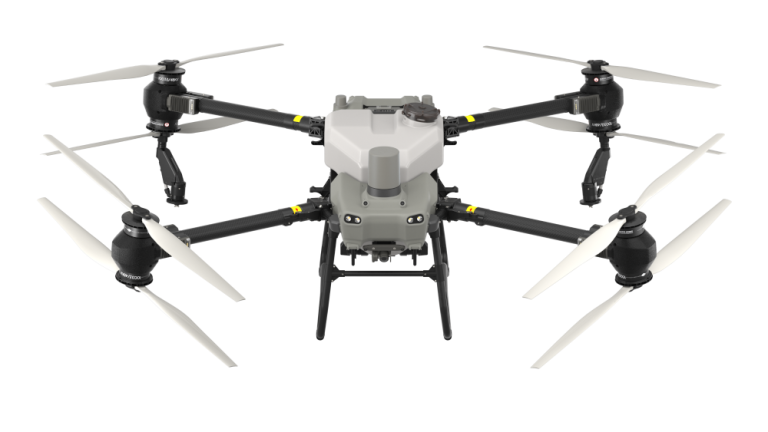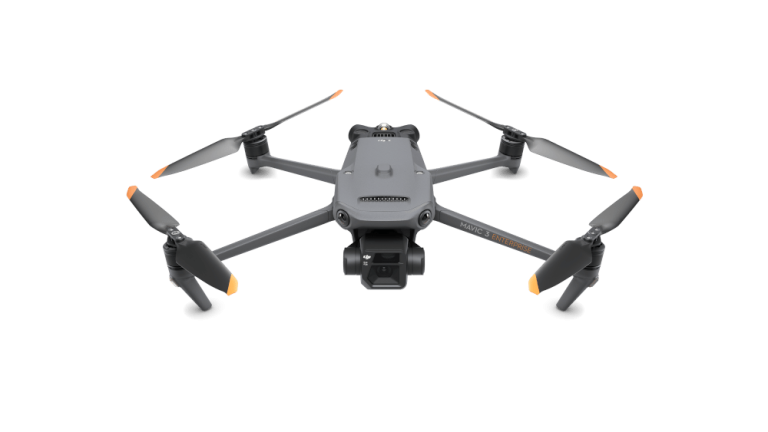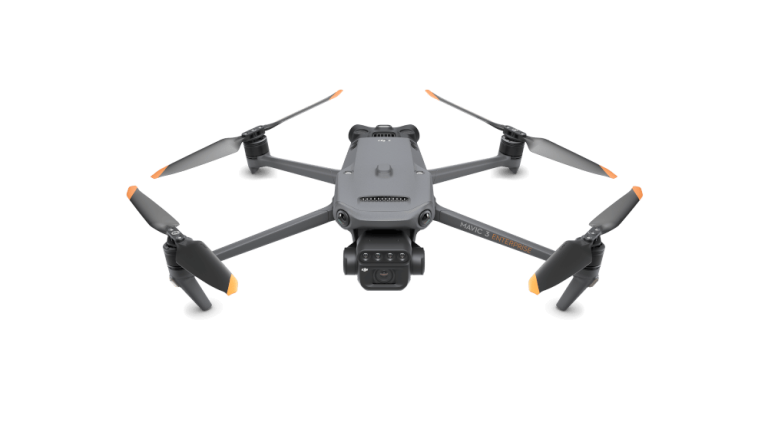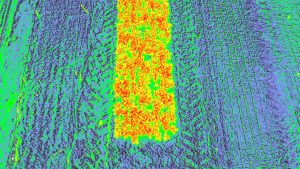Agriculture is in transition. Being able to produce more efficiently and sustainably is not only a national but a global effort as well, and it is also in the interest of farmers. With the growing population and finite farming areas, priority needs to be given to solutions that serve the above objectives. Therefore, decision-making based on drone surveys and spraying using drones are the future of precision agriculture.
The Situation of Drone Spraying in Hungary
In Hungary, surveying and continuous monitoring of crops using drones is starting to become standard practice. Farmers or their competent assistants are free to use innovative tools for this purpose, while complying with civilian drone flight regulations. However, if a populated area is involved in flight operations then, obviously, it must be declared and an incident flight permit must be requested.
The situation of spraying drones in Hungary has improved recently. In the past, domestic aerial spray legislation only covered conventional enclosed aircraft, such as helicopters or fixed-wing airplanes and drones fell into the same category. In the beginning of 2022, the national regulatory body (NEBIH) started building up the legal framework for drone spraying and we can hope that this will soon set an example for all other European countries.
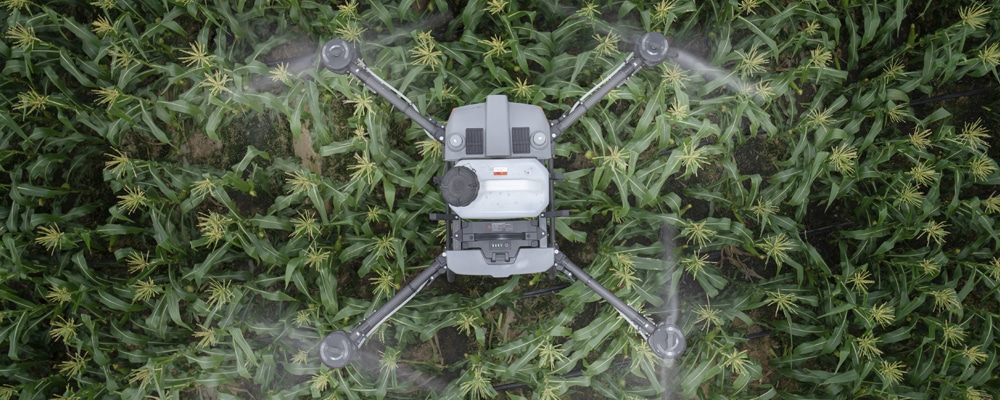
Type Approvals for Maximum Safety
As we discussed in our previous article, the National Food Chain Safety Office recently announced that the type approvals of agricultural spraying drones has finally started. For this purpose, authorities examine mainly whether the drone sprayer works adequately, has a uniform spray pattern, and its use does not cause any unacceptable environmental impact. The office set a due date of 30 April 2022 for distributors of machinery or those who had previously distributed spraying drones to obtain a type-approval certificate. HRP Europe Kft., the only European distribution center and local distributor of DJI agricultural drones, has already initiated the type approval process of the manufacturer’s spraying drones.
Another Step Towards Controlled Spraying Using Drones
Substance-efficient, sustainable, drone-based plant protection has arrived at a turning point with the modification of the aerial spraying legislation on 23 February 2022 by the Ministry of Agriculture (AM) and the Ministry of Innovation and Technology (ITM). Decree 4 of 2022 (II. 8.) AM on modifying the Joint “FVM-GKM-KvVM” Decree 44 of 2005 (V. 6.) finally creates the regulatory background for spraying with drones, so farmers will soon have access to more accurate and targeted application methods.
Spraying Legally Using Drones
The above regulation also clarifies issues around the operator of the drone, the person conducting the flight, and the safety of operations. Based on its content, in order to be able to spray your farm legally using drones in the future, these are most important criteria:
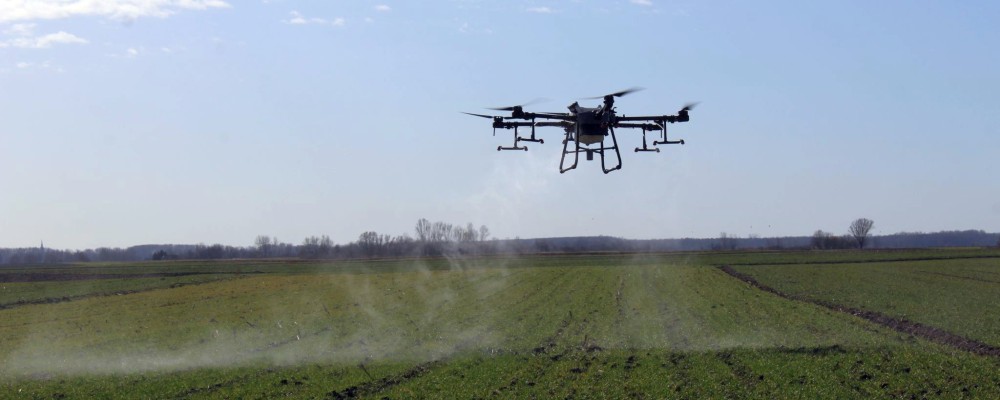
Authorization is Around the Corner
The above regulation also clarifies issues around the operator of the drone, the person conducting the flight, and the safety of operations. Based on its content, in order to be able to spray your farm legally using drones in the future, these are most important criteria:
- Only someone who is registered in the “unmanned aircraft system operator register”, may conduct an agricultural drone flight. This should not be confused with the UAS operator registry maintained by the aviation authority!
- People at the organization designated by the National Food Chain Safety Office (Nébih) must take part in comprehensive plant protection drone pilot training. (The designation of these institutions and the details of the training are currently under development.)
- Agricultural spraying drones can only be used with an application plan, which must be submitted to the county government office at least 30 days before the first planned treatment.
- Prior to spraying, at the latest by 9 a.m. on the previous working day, the government office must be notified of the intended spraying. The notification shall also specify the most important personal and work-related data, as well as the specialized manager’s FELIR ID and the operator’s LUC ID or the operational authorization’s ID.
- A work map shall be available, indicating the areas to be treated, treatment-sensitive areas and protection distances.
- The pilot of the agricultural spraying drone or their delegate shall monitor the weather conditions within a 5km radius of the treated working area.
- Spraying operations are prohibited over residential areas, livestock areas, surface water, headworks, aquifer protection areas, municipal wastewater treatment plants, highly protected natural areas, forest reserves or biosphere reserve core areas.
- All flight-related documentation must be retained for at least 3 years.
- Not any kind of product can be released through drone spraying. Only those preparations and plant protection products that are allowed to be applied by “unmanned aircraft systems” may be used.
The list is not exhaustive; be sure to read the decree for all the details.
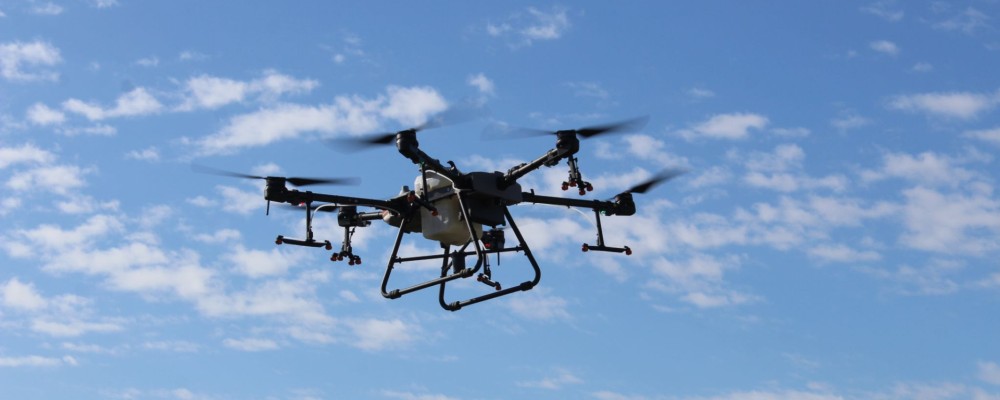
Spraying Drones at the Finish Line
It is apparent that the regulatory processes gained a huge momentum in Hungary at the beginning of 2022. Therefore, it can be realistically expected that, with the rapid completion of the type rating processes, the authorization of protection products and the agricultural drone pilot training starting in the spring, drone spraying can widely begin by this desiccation season.
Drone spraying as a service? Yes!
Although one drone is enough on smaller farms to replace the usual spraying processes, for larger areas, more high-performance spraying drones may be required. Moreover, while tackling legislative issues is a big step forward, complying with them involves considerable energy investment by farmers.
Therefore, it is almost certain that a number of service providers will enter the market in the coming period that will specialize in drone spraying, and sell it as a service—thus responding to a huge market demand. If you engage such a service provider, you should be informed about their compliance and any liability insurance issues.
Summary
With the current legal gaps and red tape cleared up, legal agricultural drone spraying can finally begin in Hungary. State-of-the-art drones, including those in DJI’s portfolio, can greatly contribute to achieving higher yields in a more sustainable, environmentally friendly and cost-effective way.
